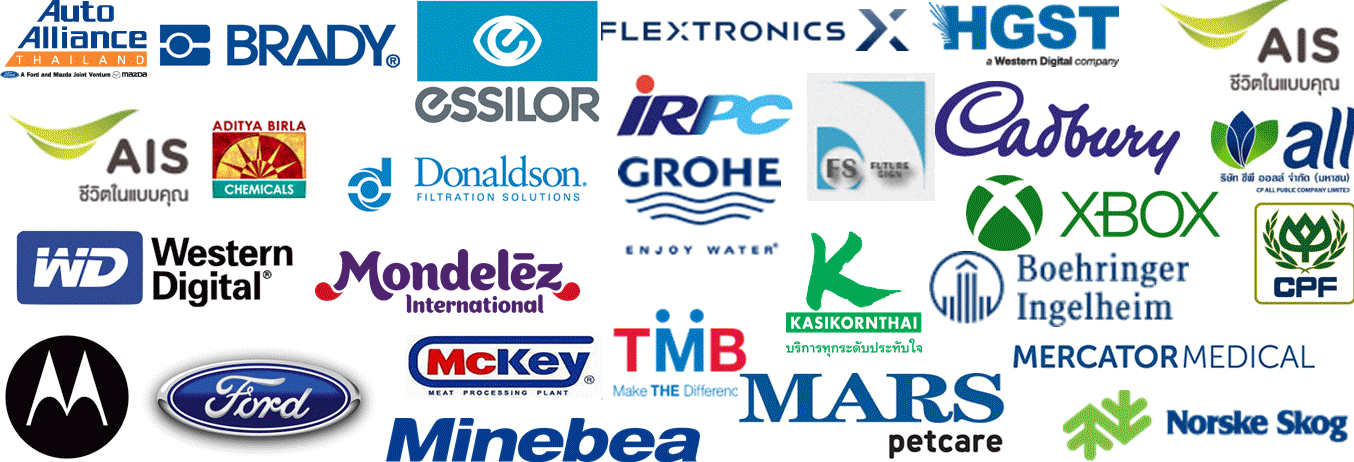|
The
use of the term "Lean", in a business
or manufacturing environment, describes a
philosophy that incorporates a collection
of tools and techniques into the business
processes to optimize time, human resources,
assets, and productivity, while improving
the quality level of products and services
to their customers. Becoming "Lean"
is a commitment to a process and a tremendous
learning experience should you attempt to
implement Lean principles and practices into
your organization.
The term Lean
in the manufacturing environment also refers
to the Toyota Production system established
by the Toyota Corporation. Within the organization,
four prominent gentlemen are credited with
developing the system: Sakichi Toyoda, who
founded the Toyoda Group in 1902; Kiichiro
Toyoda, son of Sakichi Toyoda, who headed
the automobile manufacturing operation between
1936 and 1950; Eiji Toyoda, Managing Director
between 1950 and 1981 and Chairman between
1981 and 1994; and Taiichi Ohno, the Father
of the Kanban System.
The importance
of Lean Manufacturing System is better comprehended
when its impact of change on economics is
thoroughly understood. The manufacturing engineering
philosophy is pivoted on designing a manufacturing
system that perfectly blends together the
fundamentals of minimizing cost and maximizing
profit. These fundamentals are Man (Labor),
Material and Machines (Equipment) - called
the 3Ms of manufacturing. A well balanced
3M results in
• Maximum
utilization of Man - skilled and/or unskilled
• Optimal
module size - cellular and/or plant
• Smooth
traffic flow - of materials, man, automotive
• Minimum
total manufacturing cost - of products produced
• Reduce
investment
• Reduce
labor requirement
• Utilization
of more productive equipment
• Disposition
of less productive equipment
• Flexibility
to be contemporary / keep pace with market
/ customer changes
• Increase
Return On Net Asset
|








